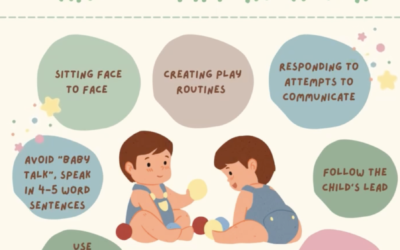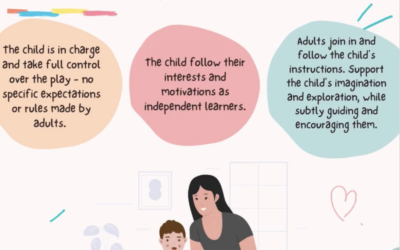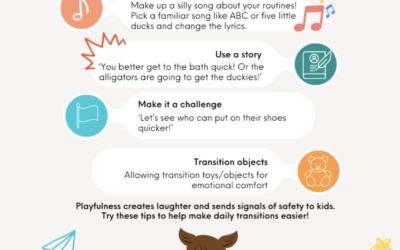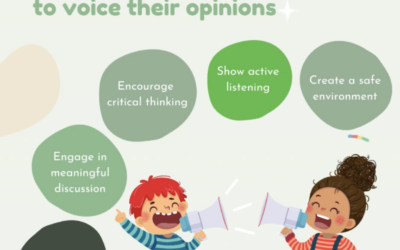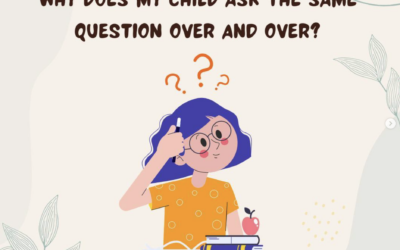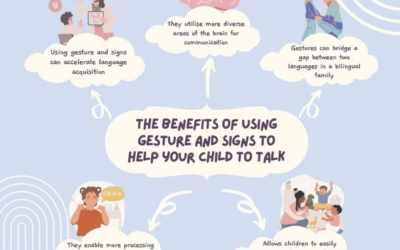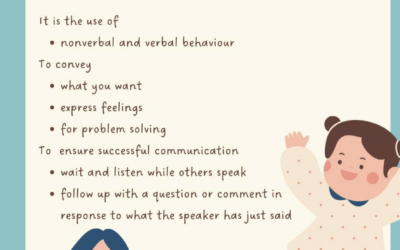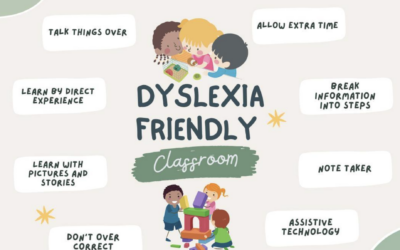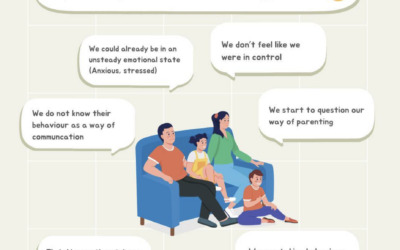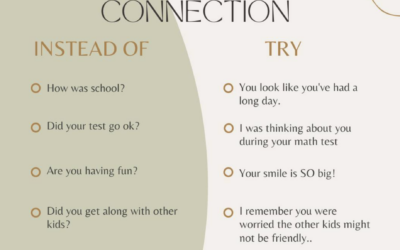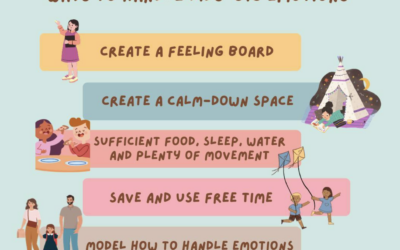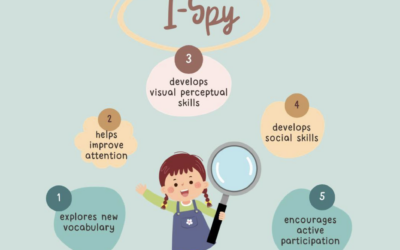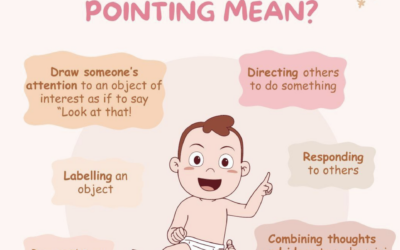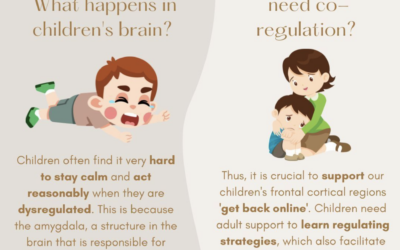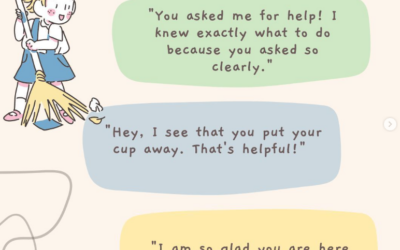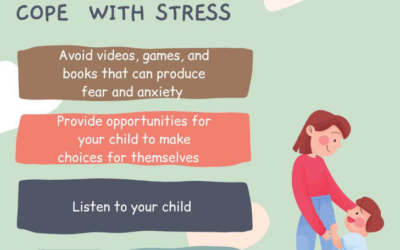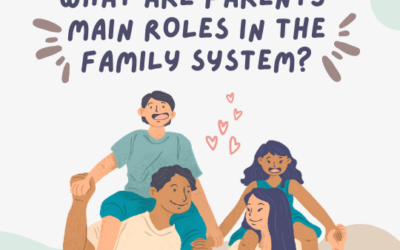Teaching kindness starts at home. Children learn by example, so make a conscious effort to model kindness, empathy, and compassion in your daily life. Read books about kindness, do acts of service as a family, and encourage your kids to think about how their words and...
Communicating with Children
Strategies to improve early communication
Is your little one struggling with communication? Try these expert-approved strategies to improve early language skills, strengthen your bond and improve communication between you and your child.
What is child-led play?
As a parent you may have heard about the term 'child-led play' a lot, but what exactly is child-led play? Keep reading to find out about how this style of play differs from adult-led play!
Making transitions easier with playfulness
Many children and parents struggle with transitions in daily life when moving from one activity to another, such as changing from playtime to bathtime. Here are some tips on how you can make transitions easier using playfulness!
5 ways to encourage children to voice their opinions
Here are 5 steps to encourage your kids to share their opinions. Every child is unique, and it's important to respect their individuality, however, these steps can help create an environment that encourages your kids to confidently voice their opinions and contribute...
Why does my child ask the same question over and over?
Ever wondered what's really going on when your child asks the same question repeatedly? It's all about their journey of understanding the world around them. Every repetitive question is a step towards grasping the complexities of life. Children often express their...
The benefits of using gesture and signs to help your child to talk
Gestures and signs are a great way to support language development. Whether you're curious about incorporating gestures or seeking valuable tips to kickstart this journey, our dedicated team of speech and language therapists is here to support.
What is Social Communications?
What is Social Communications and why is it so important?
Dyslexia Friendly Classroom
Check out our graphics on tips to promote a dyslexia friendly classroom:
Child Behaviour Triggers
Parenting is a journey filled with challenges, but it’s in those moments of feeling triggered that we have an opportunity to empathise, understand, and grow. Here are some supportive ways to handle these situations, fostering better communication and connection with...
Questions aren’t connections
Parents often naturally worry about their kids as they navigate shared spaces, learning, and social growth. As parents, we often seek answers through questions, but maybe sometimes it's about embracing silence and understanding nonverbal cues.👓Shifting from Q&A to...
Ways to handle big emotions
We understand that parenting comes with its share of challenges, especially witnessing our little ones experiencing big emotions that can be overwhelming for both them and us. Check out the following ways for them to wind down a bit!✨ 1️⃣Create a feeling board: To...
Positive Parenting – Emotional Coaching
Regulating emotions is never an easy task for kids. Emotional coaching purposed by Dr Becky could facilitate positive parenting by setting boundaries, giving empathy and validation that make those big feelings feel a little and smaller to handle. Here is a scenario:...
Benefits of I Spy
"I Spy" offers numerous benefits within its captivating world! This is one of our therapists' favourites! Engaging in this 'I Spy' game can expand your child's word knowledge, sharpen their attention, and enhance their visual perception. It can also develop their...
What does pointing mean?
Pointing is the beginning of a child’s understanding that what he is thinking is independent of another person’s thoughts. In other words, a child starts to recognize that the thoughts in his mind are only in his mind, and he needs to ‘do something’ in order to share...
Co-regulation strategies
Although we understand the need and importance of supporting our children with co-regulation, but……how do we do it? Here are some ideas for co-regulation strategies. For more information, please get in touch with our Occupational Therapists. At SPOT, our occupational...
Dysregulation – what happens in a children’s brain?
Does your child find it tricky to manage their own emotions, feelings, and behaviours? Or they may also show challenges in calming down and acting reasonably when they are dysregulated. This is because the amygdala, a structure in the brain that is responsible for...
Tips to help your child feel seen
Every child deserves to feel acknowledged and valued, as this can help them develop a sense of belonging and security. Here are some ways in which we can communicate to our children that we are aware of their emotions and experiences, and that we are here to support...
How to support children to cope with stress
Often children are feeling stressed as the result of dynamics at home, school friendships, academics or social media. Coping Strategies: ✅Notice children’s behaviour and see them as communication, for example, newly bed wetting, reduced food intake or quarrelling more...
What are parents’ main roles in the family system?
It is always important for us to understand our roles and responsibilities while handling the behaviours and feelings of kids. For parents, they are responsible for establishing a safe environment for children to explore, learn and express their emotions. Parents’...


